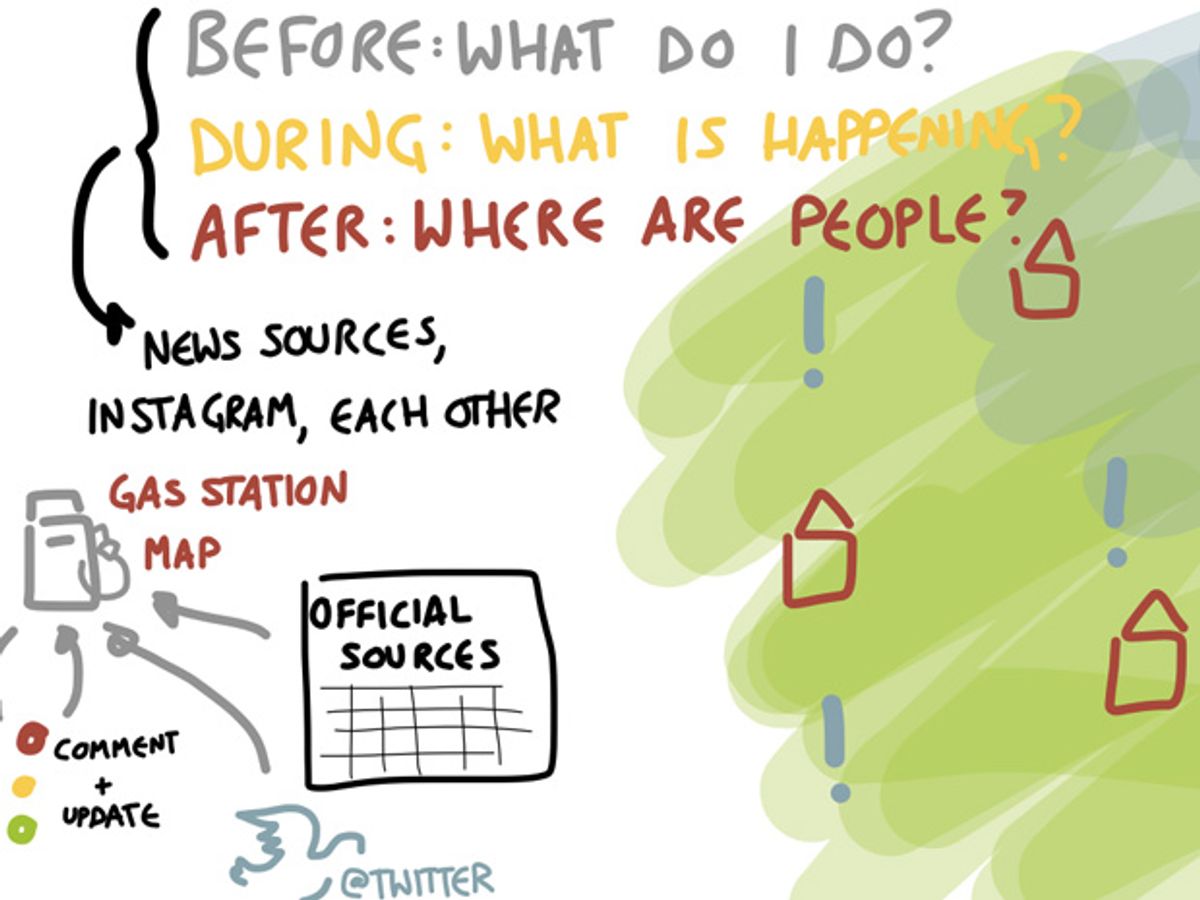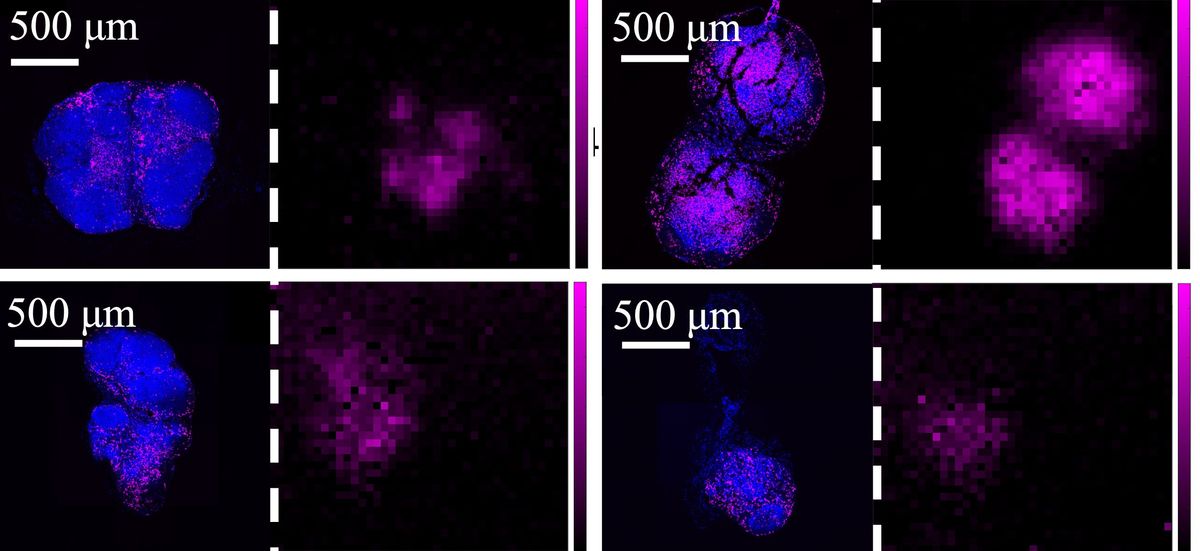Last week, 250 engineers and technologists came from 31 countries to the third annual IEEE Global Humanitarian Technology Conference held in Santa Clara, Calif. There were papers and posters, of course, covering such subjects as using cell phones to monitor the movements of Asian elephants, mining the web and social media to create maps of gas station closures after Hurricane Sandy, and using tweets to find trapped survivors in a disaster. But the real business of the conference was not happening in the session rooms, but in the lobby area, where engineers were connecting with each other and people who are already in the business of tackling tough humanitarian issues around the world and were looking for a few good engineers to help.
This is the third year of the conference. And this is the second year of the SIGHT program, IEEE’s Special Interest Group on Humanitarian Technology, an effort to bring together groups of people in a section or chapter to focus on humanitarian issues.
The mood in the room seemed similar to that in the early days of mobile devices, or in the early days of the web. At such nascent stages it wasn't really the particular projects or products being created that were important. Rather, it was about knowing that technology was about to take a huge leap into a new realm, that needs and ideas were about to be spring up everywhere, and that the people around you—and maybe you too—are going to be doing some amazing things. Nobody was exactly sure what those things would be, and certainly there would be failures as well as success, but being at the beginning of a groundswell is a good place to be.
So I can’t report on this conference as I did DemoFall earlier this month, calling out the hits and misses and identifying a few trends. The main point for the attendees was simply to be there, to raise a flag and say, yes, I’m one of those engineers who think technology can save the world. Instead, I’ll just share a few of the more striking comments speakers made at the sessions I attended.
- “A fear that stood out the most [when creating community cellular networks to bring phone communications to rural villages]: the parents and elders in the community worried about teenagers having phones.”—Eric Brewer, a professor of computer science at the University of California, Berkeley, and cofounder of Inktomi Corp
- “We speak in terms of lives saved, not return on profit.” –Maurizio Vecchione, vice president for global good at Intellectual Ventures
- “There’s nothing wrong with trickle down, but you can make a business by targeting the bottom of the pyramid. If you start at the top of the pyramid you will cure cancer and heart disease but not malaria.”—Vecchione
- “Passionate is important.”—Deepak Mathur, Humanitarian Technology Coordinator for IEEE’s Region 10
- [In doing clinical trials in the developing world] “we had to hide the computers, because of a rumor that computers were sucking blood out of humans.” –Stanley Mierzwa, director of Information Technology at the Population Council
- “Now I get paid in goats instead of stock options.” –Erna Grasz, CEO of the Asante Africa Foundation
- [You can't always start with the current solution;] a hand pump isn’t ideal but it’s better than the mamas taking their donkeys twenty miles to get dirty water.” –Grasz
- “If your technology makes you happy or alleviate suffering it is humanitarian.”—Raj Madhavan, associate research scientist at the University of Maryland
- “Want to make money? Start something in [the drone field] with civilian sector applications.”—Madhavan
- “It is not what you can [design]; it is what people will adopt.”—Roger Johnson, founding member of the Eidon Foundation
Starting a Special Interest Group in Humanitarian Technology takes six interested IEEE Members; nonmembers can join them as part of the effort.
Next year’s IEEE Global Humanitarian Technology Conference will be held in October 2014 in the San Francisco Bay Area.
Photo: Google
Thumbnail Photo: Getty Images
Tekla S. Perry is a senior editor at IEEE Spectrum. Based in Palo Alto, Calif., she's been covering the people, companies, and technology that make Silicon Valley a special place for more than 40 years. An IEEE member, she holds a bachelor's degree in journalism from Michigan State University.



